Prof. Vibhuti Patel is a distinguished scholar of economics, gender and women’s studies. Previously a professor and head of department at SNDT University in Mumbai, she is currently Professor at the Advanced Centre for Women’s Studies, TISS, Deonar, Mumbai. Her areas of expertise are gender economics, Development economics, social infrastructure, human rights, women’s studies. She is known for her extensive research and expertise in the issues concerned with women’s rights and issues. Prof. Patel has played a critical part in the women’s movement in the 70s and 80s and has been pivotal in archiving the movement.
In this exclusive interview with FII, Prof Vibhuti Patel tells us how about her journey with the women’s movement in India and her thoughts on the feminist movement led by young women today.
Q1: Please tell us a little about yourself.
Vibhuti: I was born in Vadodara on 18th June, 1955 and was raised according to the code of conduct and value system adhered to by the Patidar community of Kheda District located in central Gujarat. Early childhood experiences about status of women in my community and neighbourhood were quite unnerving. In my father’s family, I grew up hearing stories of so and so relative committed female infanticide, daughter-in-law in so and so family was molested by her brother-in-law or father-in-law, so and so was sent back to her parents’ house for not bringing “adequate” amount of dowry, so on and so forth. My family was progressive but in the neighbourhood, I witnessed wife-beating, discrimination against girls and caste-based discrimination and religious segregation in day-to-day life. Principles of “purity” and “pollution” governed our lives under meticulous monitoring by the elderly matriarchs.
My nani-ma Maniba (maternal grandmother), who was a school teacher and a freedom fighter, became my role model. I wanted to be a teacher and lead a simple life. Maniba taught me not to laugh at other’s accent, language, dress-code, colour of skin, eating habits and not to be harsh with poor, weak and elderly not through advise but through her day to day life. It was her faith in me that made me develop my critical faculty and independent thinking right from my school days that I would ask uncomfortable questions like, ‘Why nobody shared tiffin with a Dalit student, Savita? Why did Nagin, son of an agricultural worker repeatedly failed in the class and also did not have any friend? Why are we allowing only people who are rich in our house? Why do we talk rudely to the toiling poor? Why all the jokes are about the poor, Dalit and others (i.e. Muslims)?’
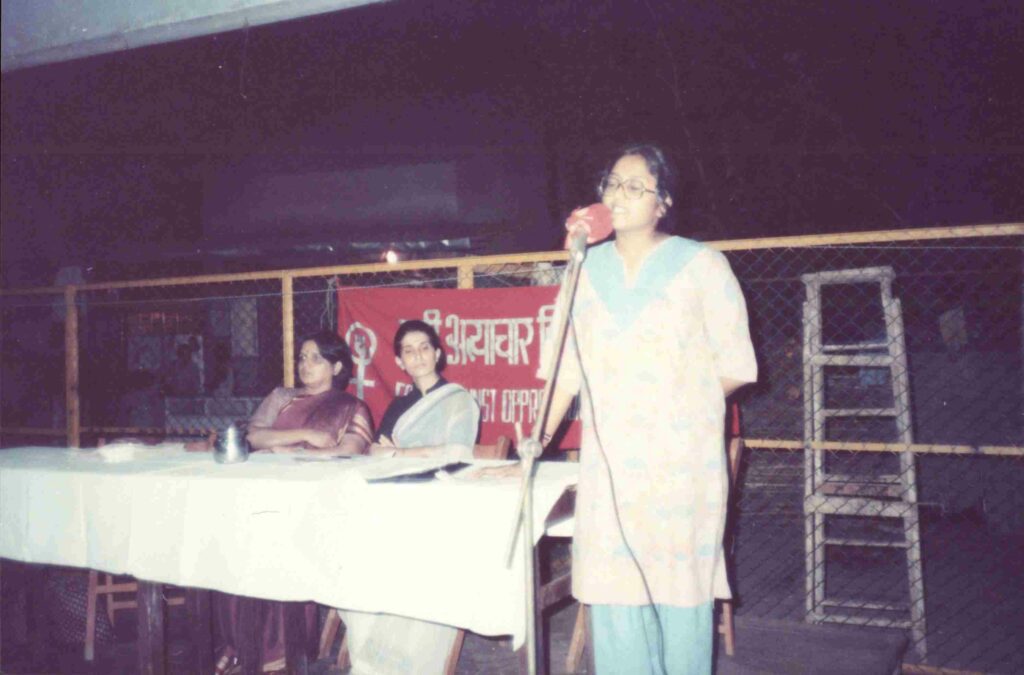
Q2: You studied Economics, so how did you become interested in Gender and Women’s Studies? Please walk us through your journey.
Vibhuti: In Vadodara, Dr. A.R. Desai used to conduct study circles on Marxism during Diwali and summer vacation. In the process we got introduced to his wife, Dr. Neera Desai in 1972. We invited her to our organisation Study and Struggle Alliance (SSA) and she spoke to us about the Status of Women in India Committee. When Towards Equality Report came out in 1974, she gave a talk. Till then my reading of Women’s Liberation was only about Western feminists such as Eveleen Reed, Mary Alice Waters, Kate Millet, Betty Frieden and Simon de’ Bouvier. She was happy that I had translated several essays of Reed from her book ‘Problems of Women’s Liberation’ into Gujarati.
Anti-Price Rise women’s movement in 1972
In the same year, all left groups (socialists, CPI and CPM) of Vadodara put me in touch with leaders of Anti-price Rise Women’s organisation in Mumbai and we formed its branch in Vadodara. In 1974, when Ahalyatai Rangnekar (CPM), Mrunaltai Gore (HMS), Taratai Reddy (CPI) and Manjutai Gandhi (CPI) visited Vadodara, we were able to organize a massive rally of 5000 working and lower middle class women that culminated into a memorable public meeting. We were impressed by their egalitarian ethos, willingness to do physical work, intellectual self-sufficiency and fearlessness. When I came to know that Mrunaltai gave up her studies in medicine to work fulltime for the movement, I told her about sex selective abortions practiced through amniocentesis and charion-villi-biopsy in my community. She said, “I don’t believe this. People don’t get to buy safe drinking water, how can they pay for examination of amniotic fluid? Girl, you must be reading a lot of science fiction. That’s why you are getting such ideas!” My relatives from Anand used to tell me about sex determination among cows and buffalos by Amul Dairy resulted into sex selective abortion of male foetus while the same tests among pregnant women resulted into sex selective abortion of female foetus. I felt angry but was not successful in taking up this issue publicly.
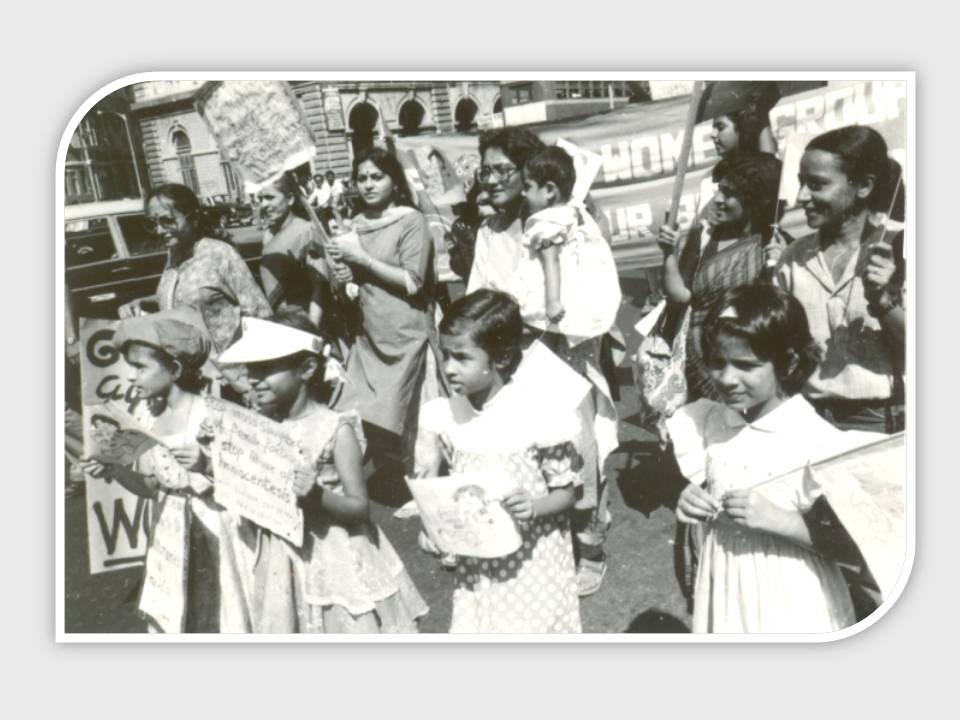
Daughters’ Rally against Sex Selective Abortions
Emergency Rule (1975-77)
The Emergency Rule was marked by detention without trial for a large number of people whom I knew—students, youth, and political personalities. News censorship, trespassing without legal sanction of private premises, taping of telephones, interception of letters and constitutional amendment curtailing basic rights to life and freedom in the name of national security and violation of civil liberties affected our day to day functioning as we shared our office premises with Western Railway Employees Union that played a prominent role in a historic railway strike. SSA had actively supported the railway strike and I had also taken part in ‘jail bharo’ (courting arrest) in 1974 to express solidarity with the railway workers.
Marriage
From 1972 to 1977, I worked on students’ front, workers’ front and in the community with my comrade Amar Jesani, a student of Medical College in Vadodara. Both of us used to have animated discussions on Marxism, poetry, films and our painful childhood. He was the only hostelite in our group and also alienated from his immediate family. He was haunted by bitter experience of 1969 riots in Amreli where his family house and shop were looted and burnt with complicity of Gujarat police. It was shelter given by a Hindu neighbour and timely arrival of CRP that saved his family members. Amar was the most hardworking, ethical, non-competitive and caring comrade in my group. I developed rapport with him as he did not have mercenary instinct and did not see cerebral women as a threat.
In Vadodara, even among the leftist it was shocking to accept a Hindu-Muslim affair. Family members of my comrades distanced themselves from us. We both were deeply hurt and shared our feelings with Dr. A. R. Desai. He suggested that we leave Gujarat and settle down in Mumbai. To avoid gossip, we gave notice in the Registrar of Marriage Office in Vadodara in July, 1977. On Octber 25, 1977 I reached Vadodara from Mumbai and got married under Special Marriage Act. Three of Amar’s hostel mates stood as witness for our civil marriage. The same evening I returned to Mumbai as they had to appear for their exam.
Arrival in Mumbai in 1977
Trusting Dr. A. R. Desai’s words, I left Vadodara the day I received my M.A. result. I boarded the train with him and came to his house. Both Neeraben and her son Mihir welcomed me, introduced me to Mumbai, guided me, drew maps to negotiate different suburbs of Mumbai and explained intricacies of the suburban Railway system. I stayed with them for a week and emerged as a well-informed Mumbaikar. Neeraben’s house was my second home-in times of ill-heath, ups and downs in life and for emotional support. Intellectually and politically charged environment, their interest in music, art, poetry, songs, vegetarian cuisine, and tolerance towards ideological differences served as a tonic for a young political activist like me.
Q3: How did you become involved in the women’s movement in the 70s and 80s?
Vibhuti: During 1977-1979 in Mumbai I was excited due to meetings of ‘Women’s liberationists’, first time heard songs of Stree Mukti Sangathana and active work on women’s issues. Five of us, Rohini, Gayatri, Mira, Aruna and I started meeting regularly to discuss ‘Women’s Question’ and also took up problems of working class women. When a migrant housewife was raped in her hut at Mayanagar, Worli, we decided to plunge into action. We issued a leaflet in Hindi and Marathi and declared our group as Socialist Women’s Group. In the post emergency activism around democratic rights issue, we came in contact with women who had suffered during emergency rule. Cases of custodial rape were reported by newly formed organization such as Committee for Protection of Democratic Rights (CPDR) of which I was a member.
Many women activists in the people’s movement were unhappy with instrumentalism of the mass organizations towards them. We wanted autonomy to highlight women’s concerns and decided to start a newsletter called Feminist Network in English and Stree Sangharsh in Hindi in 1977. I used to represent our group in State Level Coordination Committee of Women’s Liberation Movement in Pune. For the first time, I saw women from diverse socio-economic-cultural-caste, political, educational and religious backgrounds involved in group discussions for two days. Participants were sitting, eating, sleeping in the same premise that was an assembly hall of a school. I made so many new friends who trusted an alien (non-Maharashtrian and recent migrant from Gujarat) like me. I leant the meaning of ‘sisterhood’ in those meetings of subgroups of women writers/journalists, teachers, tribal women, Dalit women, peasant women, industrial working class women, women entrepreneurs, self-employed women supplying meals, bidi workers, nurses and professional women.
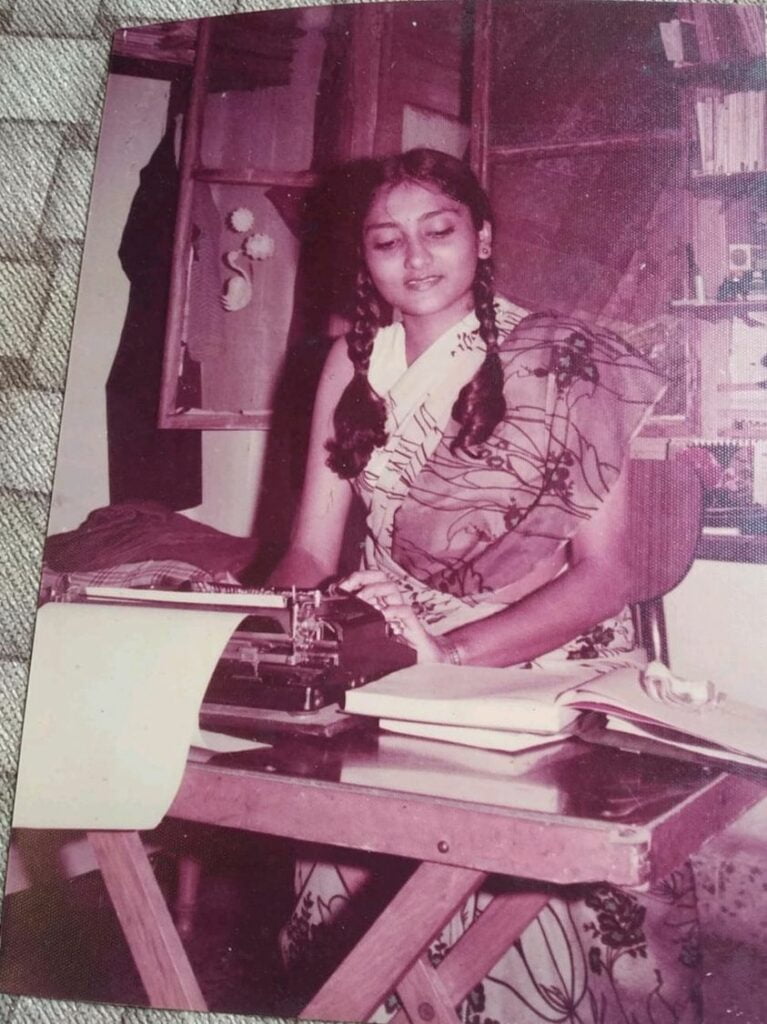
In 1978, we decided to call a national level workshop of feminists and brought out background material in the form of reading series and contribution to feminism series in a cyclostyled form. Newly formed Women’s groups Stree Sangharsh and Ankur impressed me a lot due to their creative way of thinking and analytical vision to understand violence against women. Intense deliberations in the workshop of feminists convinced me that it is possible to reorganise our lives NOW, without waiting for revolution to happen. The slogan ‘Personal is political’ was raised in the feminist literature, now we are putting it into praxis.
My extensive travelling during 1977-1979 as a member of inquiry committee to riot torn areas in Marathwada (Caste), Gujarat (Caste and communal), Bihar (communal), Madhya Pradesh (tribal) and Assam (communal) gave me nuanced understanding of identity politics and its implication for women.
In 1980, anti-rape movement brought out so many knew talents in me. I started writing songs, skits, slogans, articles, resolutions, and booklets on campaigns of women’s movement. Door Darshan and All India Radio asked me to compeer women’s programmes based on our activism. Though we were founder of Forum Against Rape, within six month we expanded its scope and renamed it as Forum Against Oppression of Women. Those were the days of street fighting, petitioning, sit-ins, demonstrations, rallies, arrest warrants, beating from abusive husbands and in-laws, cruel bosses and bullies. Every day, we were approached by women survivors of violence who needed institutional support. I joined Flavia, Ammu, Sujata and Rohini to start Women’s Centre that would provide counselling, legal support, crisis management for women (survivors of abuse) who approached us. There was so much media publicity about our work that pressure of work was increasing. We opened our homes to provide shelter to the women. This also resulted in burn out. Money earned through’ freelancing was not enough. My house became a commune.
During 1980-1988, I was actively involved in support work to women survivors of dowry harassment, sexual harassment at workplace, rape, and domestic violence and this also changed my attitude towards existing system, the court, legal system, police, government offices, employers. I strived for immediate redressal of problems (job, retrieval of streedhan, custody of child, share in property, admission in school/college, receiving part of adulterous husband’s salary) of women who approached me. After 1980, I started accepting invitation to be a resource person for workshops of police, court, state government, LSG bodies, employers’ organizations, Rotary-Lions Clubs, colleges and universities, churches.
As an organizer, I was actively involved in the first four conferences of women’s movement in 1980 and 1985 in Mumbai, 1988 in Patna and 1990 in Kozhikode. I found an atmosphere of solidarity, strength, sisterhood, creative learning and plural sources of feminist knowledge construction in those conferences. I feel terribly nostalgic about our group singing, group travelling, inter-generational dialogues, intellectually charged environment, emotionally throbbing scenarios, sharing food and caring for each other at the time of personal crisis and illness and determining collective destiny of women through planning, policy initiative and inputs for legal reforms.
Q4: What are some of your memorable moments of working with the women’s movement in India?
Vibhuti: I feel nostalgic about feminist praxis during the late 1970s. Important milestones in my sojourn that shaped my involvement in the women’s liberation movement in India have been my childhood experiences, communal riots in 1969 in Gujarat, my involvement in the new left movement and solidarity work for people’s struggles during 1970s. I am so happy that influence of feminism has enhanced multi-fold during my lifetime that even its adversaries can’t ignore feminists. Now, wherever I am invited as a feminist to speak, I happen to know only the person who invites me, sometimes even the inviter is unknown. That shows the legitimacy feminism has acquired! Teaching has allowed me to reach out to the younger generation. Today, young men and women discuss feminism with me.
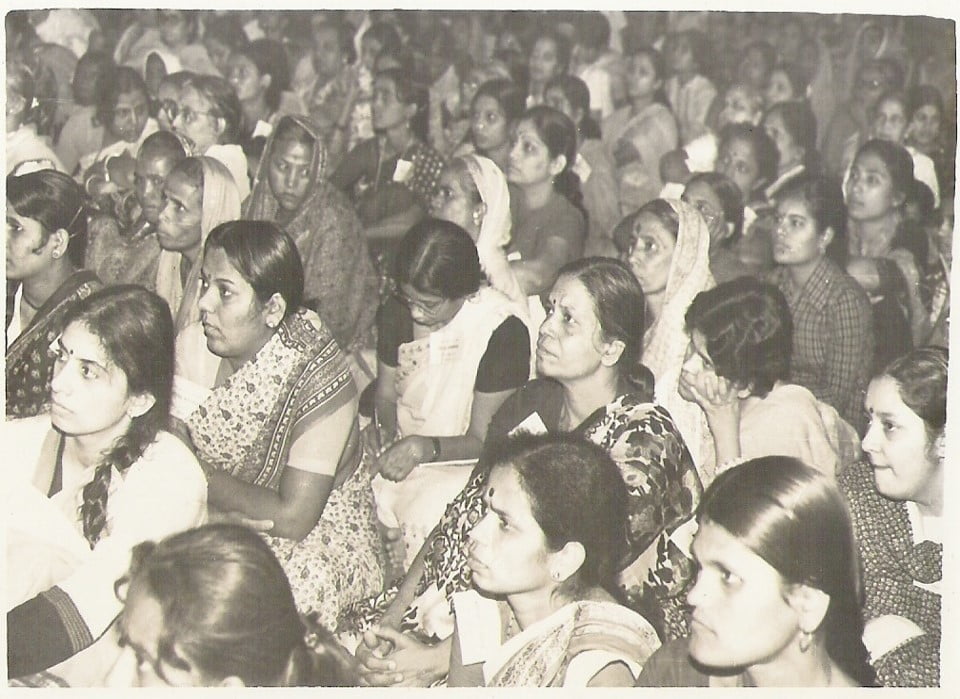
Q5: You have been instrumental in archiving the women’s movement of India. How did you get involved in this and how did you go about it?
Vibhuti: When I stood first in my 10th standard, my father gifted me with a Yaashika Camera. I kept it safely in my cupboard. When I became active in the women’s rights movement, many newspapers and magazine would ask for pictures of the event along with the press release. So my fellow activists asked me to bring my camera whenever any rally, public meeting, sit-in, demonstration, workshop or conference took place. For a newspapers, I would use black-n-white roll and for magazines, I would use Kodak colour roll. During 1980 to 1990, I was also a freelance journalist and along with my features, stories, reports, I would send the photographs.
I grew up, going through my great grand father’s collection of classics in Gujarati and English stacked in the third floor of our ancestral home. In my family, my uncle, aunt, parents, grandfather were voracious readers. So right from my school days, I learnt to spend my pocket money only on books, especially classics. In the women’s movement also, I would preserve all circulars, leaflets, booklets, resolutions, position papers and whenever I visited Research Centre for Women’s Studies or Centre for Education and Documentation, would give a set of literature to them. In 1990, when SPARROW was established, I donated my complete collection of photographs along with rolls, of the women’s struggles clicked during 1972-1990 for archiving. In 2010, a full-timer of SPARROW visited my office to know details of the photographs and also shared the scanned image of the photographs with me.
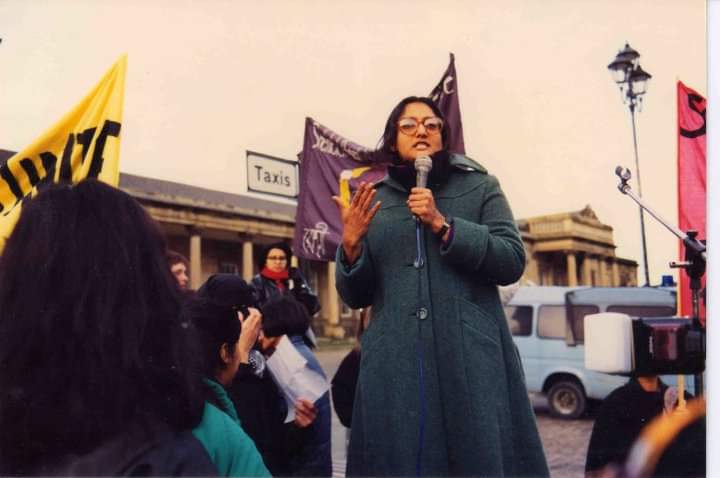
Q6: Why do you think this kind of archival is important? Where can young feminists access the archives of the women’s movement in India?
Vibhuti: Women remain hidden from history. For the contemporary world and for the posterity, we must right her-story and contribution of women’s collective efforts of challenging the patriarchal subordination, double standards, gender based violence and of expanding horizons of women’s freedom, opportunities, dignity and justice. The learning of the past are always useful in guiding future. Hence, archiving visual memories, audio memories, audio-visual memories, diaries and documents is extremely important to write history of women’s liberation movements.
Q7: You have written many books, papers and journals. Please tell us some of your favourites that you’re the proudest of.
Vibhuti: My favourite publications are based on my direct involvement in the women’s movement and act of solidarity with innumerable social movements over last 50 years (from 1971 to 2021).
Books
- Neera Desai and Vibhuti Patel (1985) Indian Women Change and Challenge, in the International Decade, 1975-85. Bombay: Popular Prakashan. (Three editions published: 1985, 1990 and 2002. Pages: viii + 96.
- Vibhuti Patel (Ed.) (1985) Reaching for Half the Sky- A Reader, Baroda: Antar Rashtriya Prakashan, Baroda.
- Vibhuti Patel (Ed.) (2009) “Girls” and “Girlhoods” at the Threshold of Youth and Gender-Vacha Initiative, With Kiran Prasad, Series Editor: Empowering Women Worldwide: 7The Women Press, Delhi. Pages: xxv + 480, ISBN: 13: 9788189110277
- Vibhuti Patel and Radhika Khajuria (2016) Political Feminism in India: An Analysis of Actors, Debates and Strategies, Delhi: Fredrich Ebert Stiftung
Articles in Journals
- Vibhuti Patel (2011) “A Long Battle for Girl Child“, Bombay: Economic and Political Weekly, Vol. XLVI, No. 21, May 21, pp. 18-20.
- “Socio-economic Profile of Muslims in Maharashtra”, Mumbai: Economic and Political Weekly, Vol. XLVIII, No. 36, September 2013, pp. 68-73.
- Vibhuti Patel (2014) “Campaign against Rape by Women’s Movement in India“, DEP, Deportees, Exiles, Refugees. RIVISTA STUDI SULLA MEMORIA FEMMINILE , Journal of Women’s Memories, University of Venice, Italy, 8-3-2014, pp. 36-47, ISSN 1824–4483.
- Vibhuti Patel (2021) Gendered Experiences of COVID-19: Women, Labour, and Informal Sector, Mumbai: EPW Engage, Vol. 56, Issue No. 11, 13 Mar, 2021.
Q8: What do you think of the feminist movement today led by young women?
Vibhuti: The feminist movement today led by young women projects post-structuralist interpretation of gender and sexuality from disciplines such as literature, politics, art, cultural criticisms, history, sociology and legal studies. Through their erudite articulation on intersectional feminism, they have played dominant role in defining gender politics. They have expanded our horizons of sensitivity and action agenda by focusing on Dalit feminism, critique of ableism, gender binary and hetero normativism. Their critique of artificial contract of male-female binary and concept of gender fluidity is a new learning for me. Their position that each one of us need to define feminism for ourselves by incorporating our own identities into the belief system of what feminism is and what it can become through our own perspective. Contemporary gender politics encompasses macro-micro and meso realities in all spheres, economy and polity, jurisprudence and policy making, local-national-regional-global governance. The younger generation of feminists are furthering transnational feminist solidarity both in terms of perspective and in terms of praxis.

Q9: What is your message to young feminists of today?
Vibhuti: Only collective strength and collective action resulting from democratic engagement will allow us to fulfil our dreams of society built on the foundation of gender justice. Intersectional feminist solidarity is a pathway to social transformation by challenging the systemic inequalities. There is strength in numbers, there is strength in unity. My message is in this song written by me on 8th March, 1980 for the rally in solidarity with Mathura and in defiance of the Supreme Court judgment on the Mathura rape Case.
Our rally has come
Originally written in Hindi by Vibhuti Patel on 8th March, 1982, translated into English by Dr. Joy Deshmukh
Defying Oppressive customs,
Tossing aside tradition,
We have come!
Dalit, Battered housewives, worker, farmer
In an army together,
We have come!
To end dowry, rape, misused authority,
To stop wife-beating and cruelty,
We have come!
To wipe women’s suppression,
To remove class oppression,
To free this humanity
In a rally we have come!
From farms, mines, factories and offices,
In spite of owner’s threat and dread
We have come!
Look! Look! You blind exploiter tyrant
Women’s rally has come!
To destroy Injustice, to restore dignity, we have come!
All images provided by Prof. Vibhuti Patel
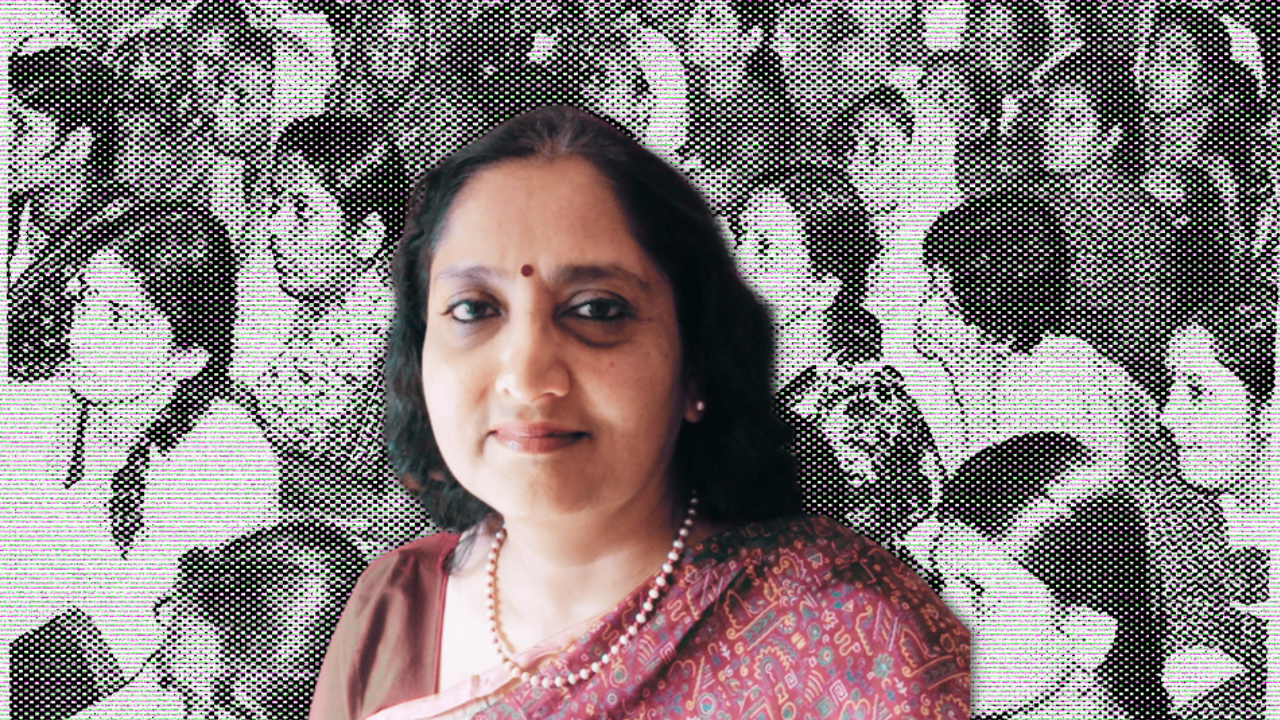
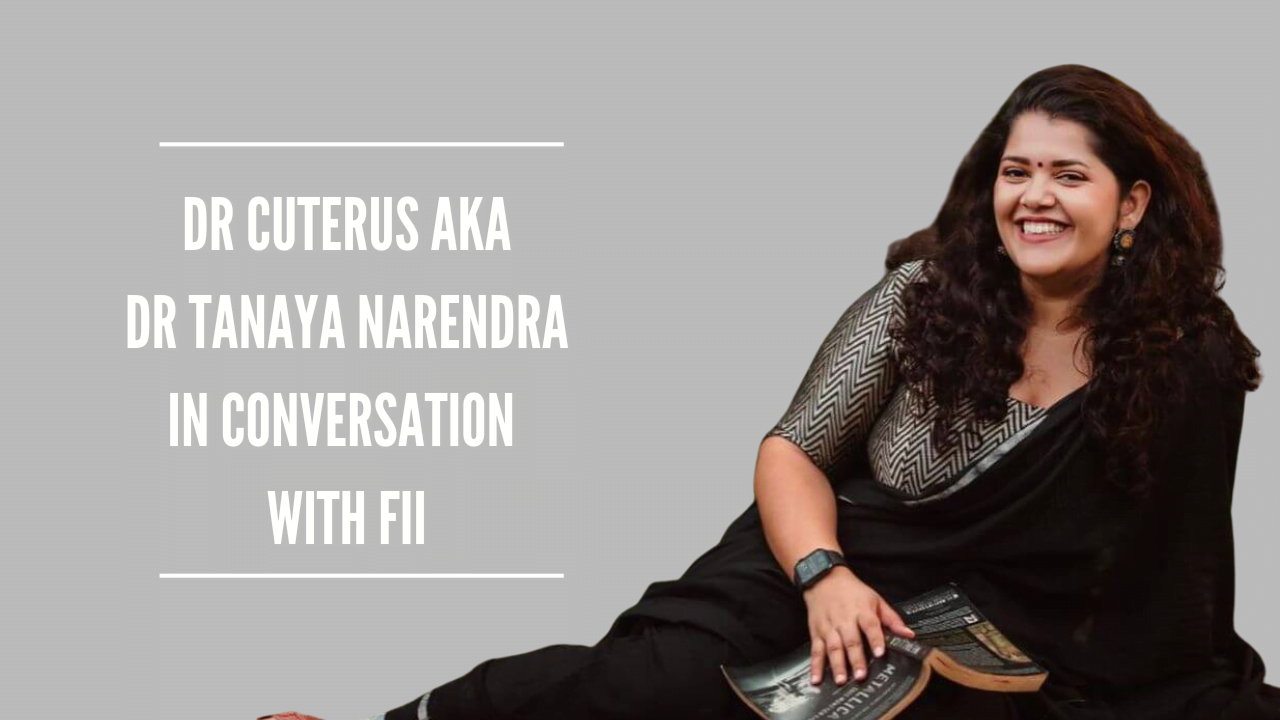
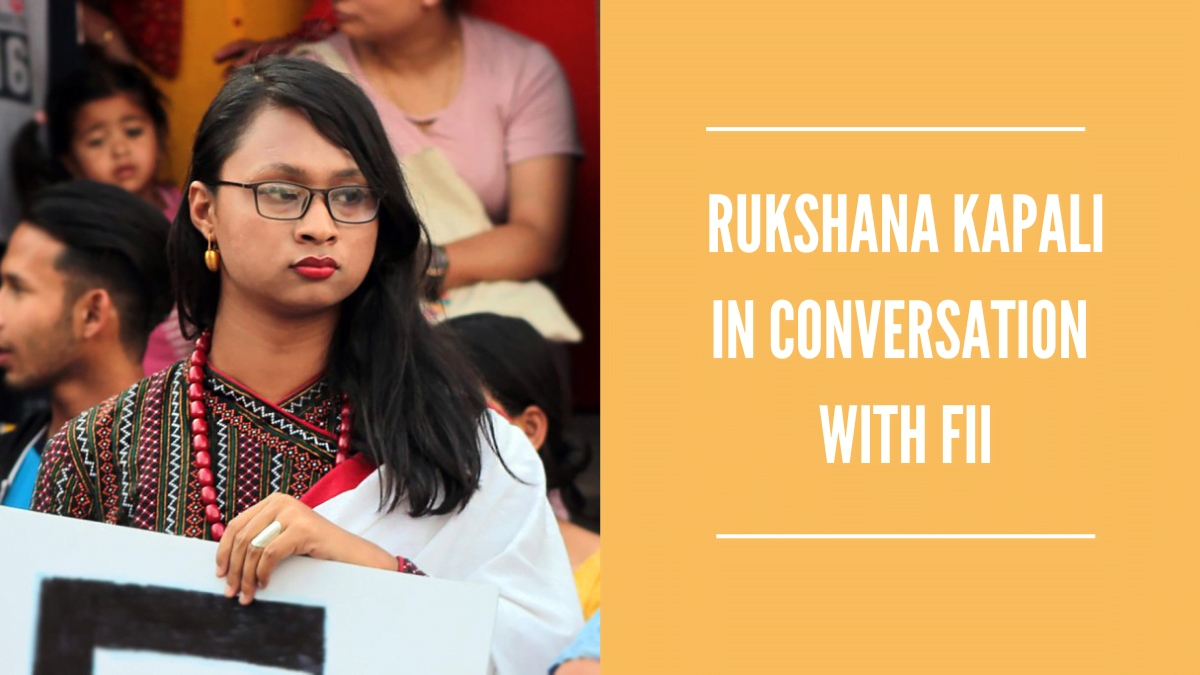
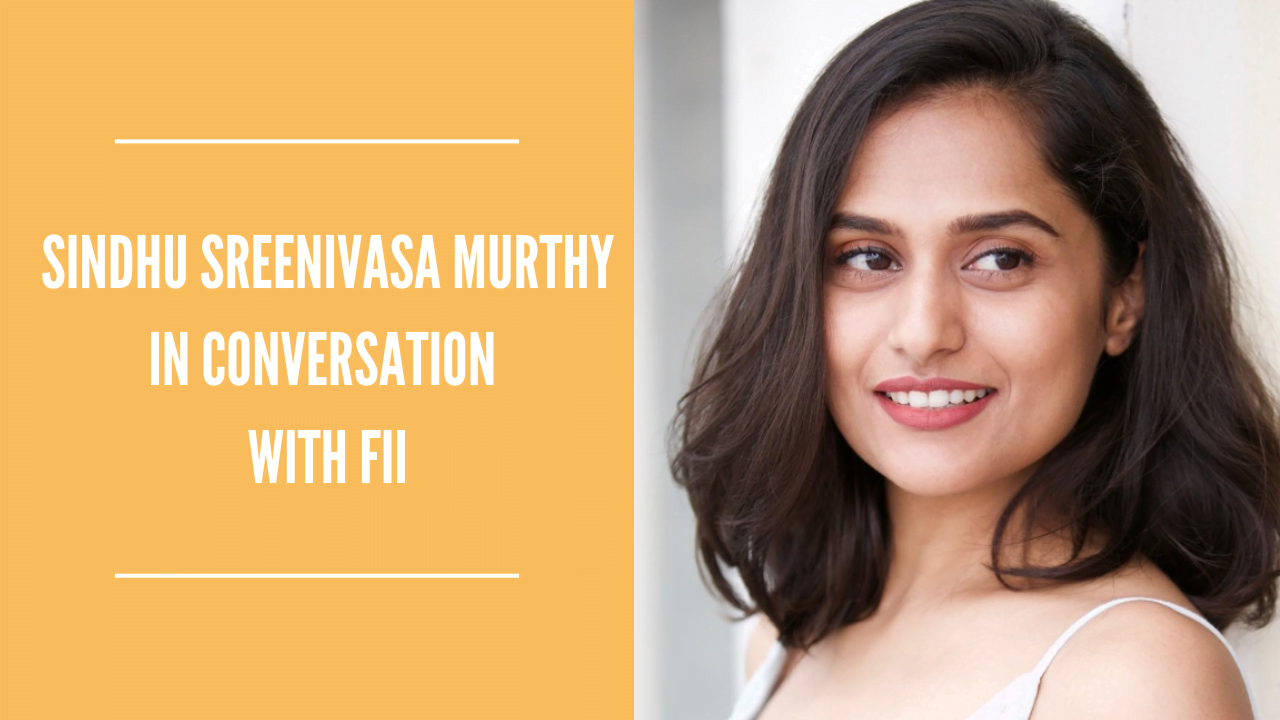

Thank You for this wonderful and much-required information.
how to start a meal kit delivery service